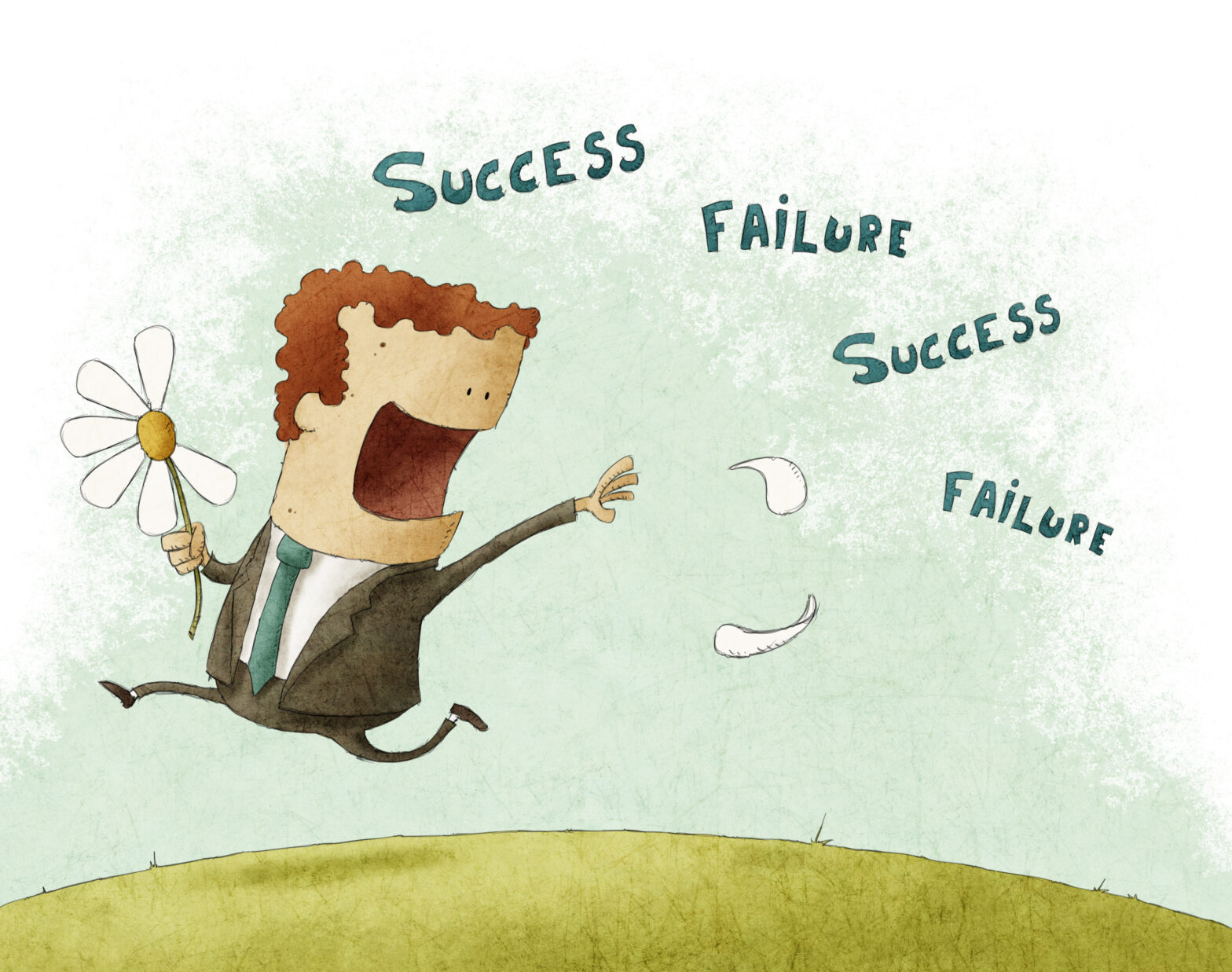There is no doubt that there are lucky and unlucky breaks in life, but usually good fortune as an entrepreneur is walking hand-in-hand with something else. The uncommitted, nine-to-five office foot soldier is unlikely to seize upon an idea and make things happen.
Rather, it will be someone with an enquiring mind who is really interested in the market in which their company operates and has a good grasp of the dynamics, the business model and the strengths and weaknesses of the competition. By contrast, the average person will be overly cautious and put off by the inherent risks of the new. All too often analysis leads to paralysis.
The kind of bravery that is needed invariably leads to entrepreneurs remortgaging their homes or loading themselves up with debt. But bravery is not just about founders (or backers) of a business, as nothing helps a new business in the B2B sector more than the brave first client. You always remember them: mine was John Garrett, the marketing director of Gillette when we started in 1976. We were offering an entirely new concept, totally unproven, and we had next to no resources. John risked ridicule, but he and his team backed us all the way.
In fact, “lucky” people in business usually spend a lot of time preparing. I used to read absolutely everything I could about my competitors, scouring through trade mags, annual reports, brochures and any of their presentations that happened to fall into my hands. I’d go to seminars to hear them speak. Additionally, I’d go to other countries to exchange information and experiences with my contemporaries operating under different conditions. It was to prove great preparation for our international expansion.
The notion of luck is epitomised by the comment from Gary Player when asked whether he thought he was lucky on the golf course. ‘Yes,’ he answered, ‘and the more I practice, the luckier I get.’
In his book Outliers: The Story of Success, Malcolm Gladwell states that talent is important but he calculates that every stunningly successful person in their field is likely to have spent at least 10,000 hours practising before they achieved their success. He illustrates this proposition with examples from Mozart and the Beatles to Bill Gates and Steve Jobs.
See also: Six tips to develop your high-growth mindset – Is achieving high-growth all in the mindset? Having the right mental approach certainly goes a long way, says Rob Turner
In the UK, there tends to be a simmering resentment towards people who are successful over a sustained period of time. Personally, I think the reason why success becomes easier as time goes by is that as your reputation grows, so does your social network. If you’ve been reasonably successful you become even better known, and if you handle your personal brand well and understand the value of networking, then the connections expand further.
The intangible factor that is essential for success is timing and the most immensely successful pioneers, however brilliant, brave and resourceful, were helped by huge waves of change, such as the industrial revolution or the creation of the microchip. As Gladwell points out in Outliers, the richest people in the world, from Henry Ford to Bill Gates, successfully moved with the times.
When I’m honest with myself, I know that I wouldn’t have been one tenth as successful in the media sector without government deregulation and technological change, for which I can take zero credit.






